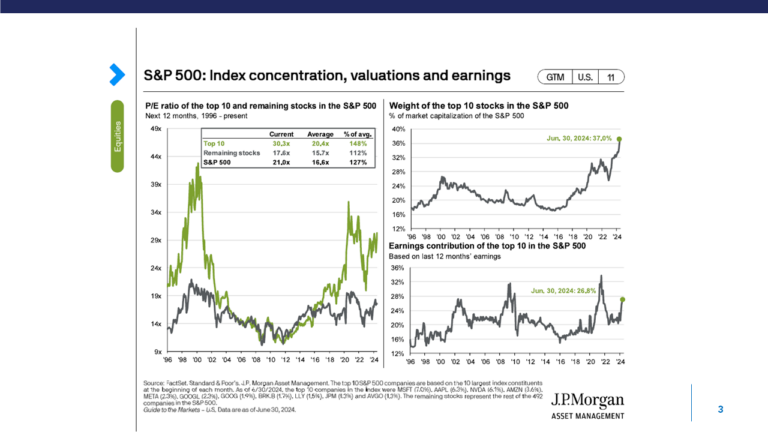If you are in a high deductible healthcare plan (HDHP), then you are eligible to utilize a Health Savings Account (HSA). This is an often-ignored tool that can potentially produce large tax savings. Your contributions are pre-tax, they grow tax-deferred, and they come out tax-free as long as they are used for qualified medical expenses. Not even a 401k gives you that many tax advantages! The maximum 2016 contributions are $3,350 for an individual and $6,750 for a family plan. You can add another $1,000 to those numbers if you are age 55 or older.
The following example shows just how much impact an HSA can have on your bottom line:
Let’s say you are single, living in New York State, making $52,000 a year and eligible to contribute to an HSA through your employer-provided healthcare plan (commonly referred to as a Section 125 Cafeteria Plan). You know that you will have an upcoming dental expense the following year of about $1,400, so you decide to contribute to your HSA to cover the expense. This expense would have cost you $1,400 out of pocket without the HSA, it instead will cost $853 after-tax because of the 39.1%* tax savings gained by using your HSA (25% federal taxes, 6.45% NY, and 7.65% FICA taxes). That’s a $547 savings just for reading this article and making a smart tax move!
Be careful though. Do not confuse an HSA with an FSA (Flexible Spending Account). Although they are both used to pay for medical expenses, an HSA rolls over year-to-year, whereas your contributions to an FSA have to be used on a yearly basis or they could be forfeited (your employer may offer a 2.5 month extension or allow you to roll over $500 of the account to the next year). Use it or lose it!
If you take money out of your HSA and do not use it for qualified medical expenses, you will pay a 20% penalty and have to recognize the withdrawal as taxable income. Once you hit age 65, you can take money out of your HSA for anything you would like without paying the 20% penalty. Check out http://www.hsacenter.com/what-is-an-hsa/qualified-medical-expenses/ for an unofficial list of medical expenses you can pay from your HSA.
If you have any out-of-pocket medical costs and you are eligible for an HSA, you should look into utilizing the account. The tax savings are too great to ignore. Some people even contribute to an HSA as a way to save more money for retirement in a tax-deferred vehicle.
*Your specific tax situation may vary. Consult your financial advisor or tax professional regarding how an HSA could benefit you.
Paul Coleman III, CFP®
August 17, 2016


